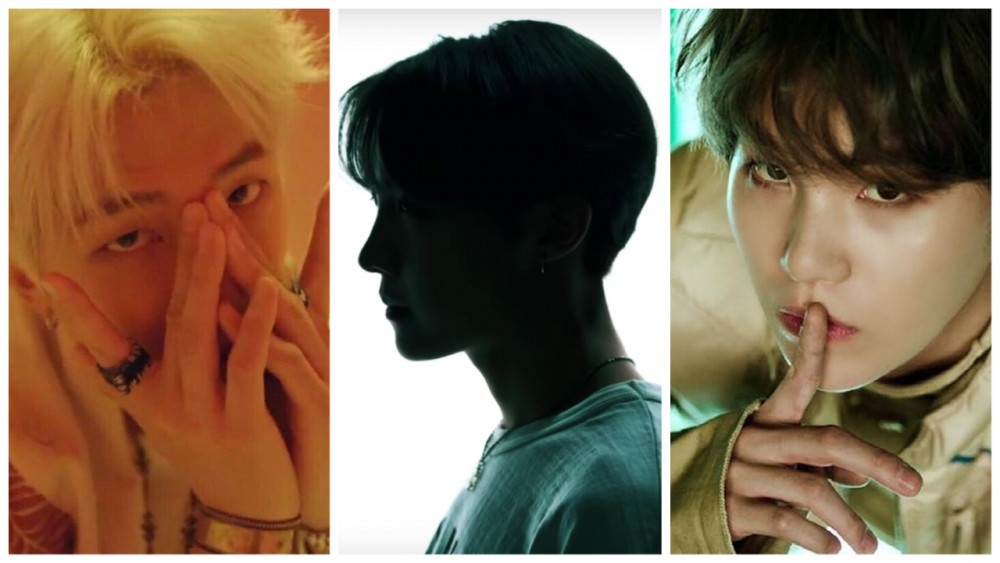
It is no surprise that BTS puts a lot of thought into their albums be it the concept, the nomenclature, the lyrics, the art, the choreography, the music videos, everything! However, saying that they put “thought” into their albums would just be the tip of the iceberg. A whole lot of psychology actually lingers behind the soulful lyrics of the music created by BTS.
Earlier this year, BTS released the record-breaking album Map of the Soul: 7 which swept the world collectively off their feet. This was preceded by their mini-album Map of the Soul: Persona which started off the Map of the Soul series. While the former is a celebration of the self - knowing oneself, loving oneself, being oneself, the former is a representation of that journey.
“Who am I? The question I had my whole life. The question I probably won’t find the answer to my whole life.”
RM opens up the brilliant discourse with these lines in Intro: Persona which establishes the fact that the album is deeply rooted in the psychology of the self. A similar sentiment is also reflected in Suga’s Interlude: Shadow and J-Hope’s 'Outro: Ego', symbolizing a systematic progression.
Almost 30 years ago, in a classroom in the Jung Institute of Evanston, Illinois, Dr. Murray Stein delivered a series of lectures on the founding father of modern analytical psychology, Carl Jung. Dr. Stein attempted to condense the expansive knowledge of Jung into an accessible and digestible form through his course which later took the form of a book – Jung’s Map of the Soul. This book is widely recognized as one of the best introductions to Jungian Psychology. The first thing one can recognize from reading the book is the fact that BTS is very clearly concerned with Jungian archetypes. Archetypes are images and themes which have universal meanings across cultures which may show up in dreams, literature, art, or religion. Jung believes symbols from different cultures are often very similar because they have emerged from archetypes shared by the whole human race which are part of our collective unconscious. For Jung, our primitive past becomes the basis of the human psyche, directing, and influencing present behavior. Jung claimed to identify a large number of archetypes but paid special attention to four. Jung labeled these archetypes the Self, the Persona, the Shadow, and the Anima/Animus. To put it very simply, the “persona” is the face we put on for the world, “shadow” refers to what’s hidden deep within us (the “unconscious” as Freud would say) and “anima/animus” is the fluidity of gender or the flux of masculine and feminine energies within each human being. Finally, the “self” is the synergy between all of the above. It is the sense of unity in worldly experience. The aim of the human experience is essentially attaining this selfhood, longing for authenticity, and a kind of “coming to terms” with yourself. Despite what one may go through, no matter how many transformations life forces you into, in spite of all the roles you play in life, the core remains the same ever since one is born into this world.
Intro: Persona
Persona is a mask. Originally referring to the theatre, Stein believes that it has special significance to Asian cultures, especially considering the rich tradition behind ‘tal’ as they are called in Korean. ‘Tal’ is Korean traditional masks used for religious or artistic purposes. The Korean mask is a unique dichotomous symbol, embodying the significance of tradition while allowing the wearer to realize full self-expression and liberation. Despite being a social façade, it reveals one’s inner desires. In Intro: Persona, RM struggles with thinking that his persona might not be doing a good enough job of hiding his insecurities and anxiety. This sentiment is reflected in the lyrics, "Someone like me ain’t good enough for the truth / Someone like me ain’t good enough for a calling / Someone like me ain't good enough to be a muse." Much like RM, this is undoubtedly an issue that a lot of people unknowingly struggle with, in their lives - coping with social expectation and fitting in, making this track that much more relevant. As a persona, there is no individuality. One is merely a part of a broader collective. This is what makes RM ask, “where’s your soul?” for the soul is the only thing unique to an individual. This soul can be referred to as the self. The question RM poses is answered in turn by him, albeit in uncertainty. This furthers the idea that one person is made up of all different archetypes that communicate with each other in order to remain stable.
RM addresses himself directly when he says, “Dear myself, you must never lose your temperature cause you don’t need to be warm or cold”, carrying forward the idea of the inane self that he hopes will remain unchanged despite all the identities he creates of himself for the world (The 'me' that I want myself to be/The 'me' that people want me to be/The 'me' that you love/And the 'me' that I create/The 'me' that's smiling/The 'me' that's sometimes in tears/Vividly breathing each second and every moment even now/Persona). Dr. Stein himself said with respect to the exploration of individuality in Mikrokosmos that, “No matter how many number of personas you have, or whether (you are) with a room full of personas, in the center of everything there is a star that does not move. It’s your eternal soul. And if you know this, you can survive anywhere.” Despite all this hesitation, however, what RM knows for sure is what his role is as this eponymous “persona” – his responsibility as an artist:
“I just wanna give you all the voices till I die/I just wanna give you all the shoulders when you cry”
Interlude: Shadow
The shadow is a moral problem that challenges the whole ego-personality, for no one can become conscious of the shadow without considerable moral effort. To become conscious of it involves recognizing the dark aspects of the personality as present and real. This act is an essential condition for any kind of self-knowledge. Anything that one believes is inappropriate or unacceptable in society, they reject it and push it as far down into unconsciousness as they can. One crucial element about the shadow is the fact that it’ll creep out and show up in the most unexpected places at the worst of times or even the best of times. What’s repressed will undoubtedly find it’s way out. According to Jung, everyone carries a shadow, and the less it is embodied in the individual’s conscious life, the blacker and denser it is. This is the subject matter of Suga’s contemplative interlude 'Shadow'. Having always been under the persona, man’s shadow self is never addressed and the more it is repressed, the more it wants to manifest itself in the form of harsh self-judgment, insecurity, projection, dissatisfaction, and impulsive behavior”. Suga has achieved everything that he set out to achieve with his persona. He has enjoyed the highest highs but it always came with the lowest lows. He can’t allow himself to complain even at the slightest because he doesn’t believe that he deserves to. Whenever he reaches the pinnacle, he’s afraid of falling rather than basking in the glory. There is no way imaginable by which the shadow can be rejected until it’s completely gone.
“Yeah I’m you, you are me, now do you know/Yeah you are me, I’m you, now you do know/We are one body, sometimes we will clash/You can never break me off, this you must know”
Only when the unconscious is made conscious will healing and enlightenment be possible. Only then the self can prevail. Until one can come to terms with their shadow self, it will direct their life and they’ll call it fate. Suga’s track is a conversation between the persona and the shadow and the constant tussle for dominance. If it wasn’t already obvious from Suga’s brilliant lyricism, flow, and use of imagery in the music video for 'Interlude: Shadow', the experience is not a very pleasant one.
Outro: Ego
To Jung, the ego was the center of the field of consciousness, the part of the psyche where our conscious awareness resides, our sense of identity and existence. The origin of the ego lies in the self archetype, where it forms over the course of early development as the brain attempts to add meaning and value to its various experiences. The ego is the center of free will. Jung held that the ego has some amount of free or “surplus” energy at its disposal. This is the extent of free will. Through this free will, J-Hope has come to terms with his shadow side, his persona, and his “I”. The “I” is indestructible. While one’s sense of self may change continuously throughout their life because of varied experiences, the actual “self” remains the same. You may even call this the soul. In this regard, Dr Stein elaborates that the sense of self is but an approximate mirror or aspect of the self. If one becomes aware of persona, shadow, anima, animus, cultural complexes, and identifications, the sense of self expands and concentrates at the same time. It becomes a mandala, a sense of wholeness and complexity, but with a center. The center does not change.
J-Hope’s track starts out with an assertive voice, “We're now going to progress to some steps/Which are a bit more difficult/ Ready, set, and begin” which already establishes the fact that reaching this level of unity with the self is a difficult process (besides being an excellent callback to the beginnings of BTS, of course). Right off the bat, we see J-Hope admitting to going through a time that was clearly not pleasant – “I go back every day/To me of yesterday/To the life of giving up/I let myself go away”. The shadow still comes up in reality in the form of repressed memories re-emerging, “Almost forgotten memories return/Touch of the devil, fateful recall/I still wonder, why did they beckon again”. “Life not of J-Hope but Jeong Ho-Seok flashes by/It must have been full of regret with no hope till I die” refers to how his persona and his self are different entities and he's starting to understand his true self. Through years of trying to resolve this darkness, Jung Hoseok is finally successful – “Seven years of anguish come out finally/Oppressions all resolved/Into my heart come answers from my most trusted/‘Only one hope, only one soul’/‘Only one smile, only one you’/Definite answer to the truth of the world/Only one and unchanging me, right”. The ultimate truth reveals itself to him as he realizes that nothing, external forces, or the internal shadow can change who he is. Jung Hoseok will prevail for his self is the only truth of his world. And therefore, we celebrate!
“Map of the Soul, Map of the All/That's my Ego, that's my Ego.”

 SHARE
SHARE
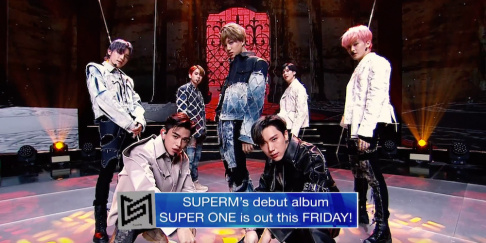
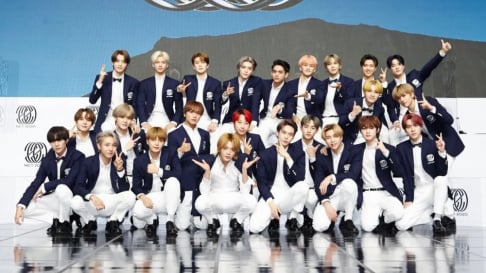
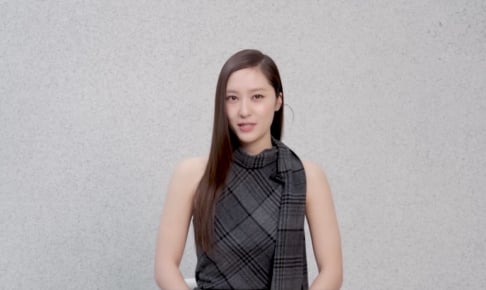
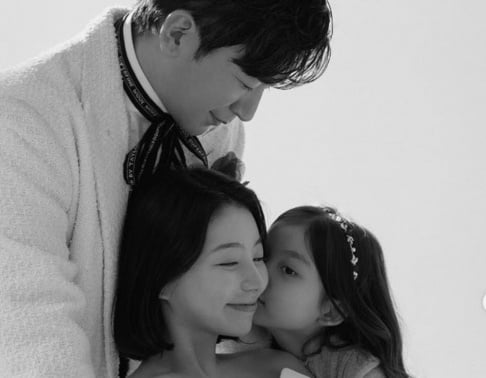
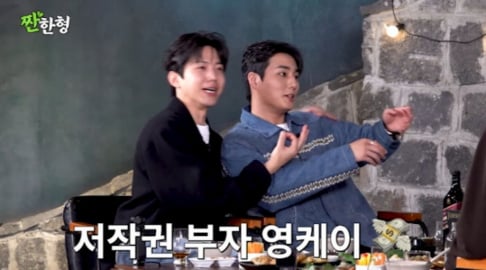
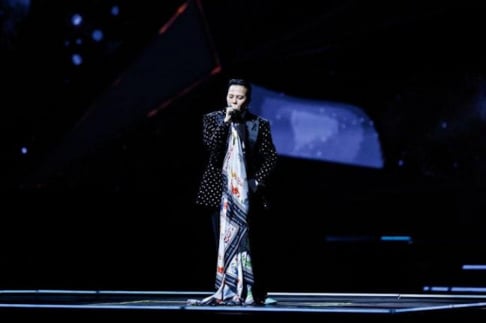

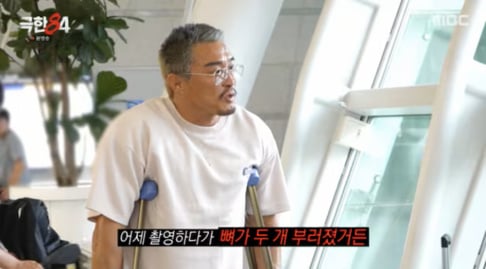
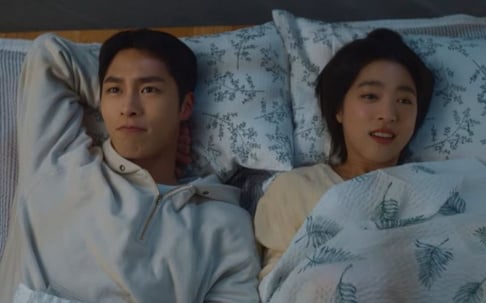
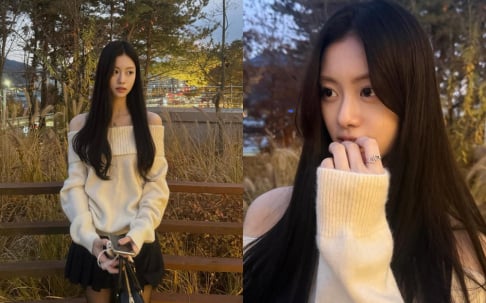

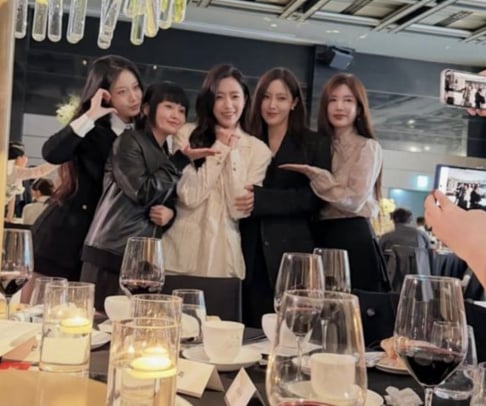
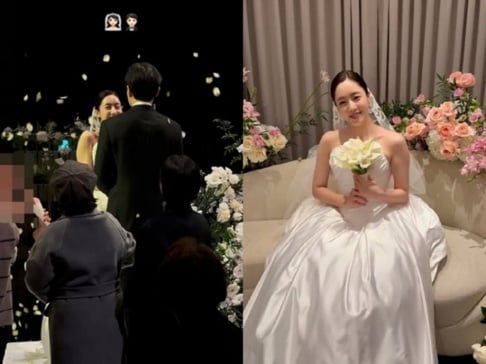


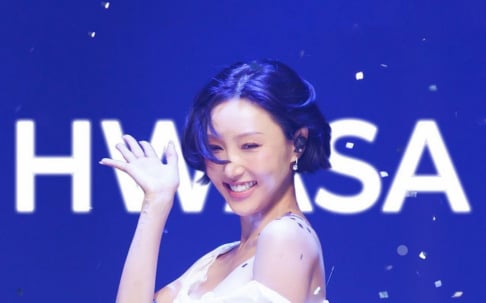
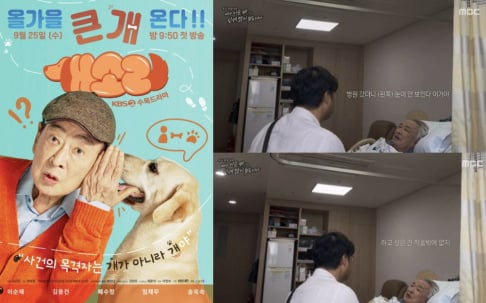
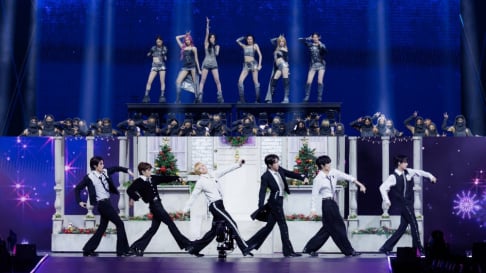

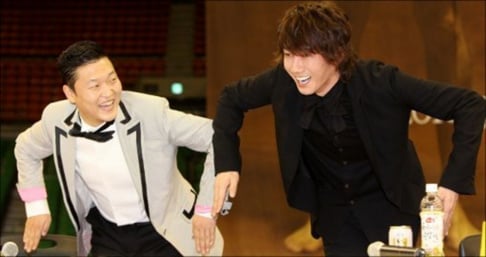
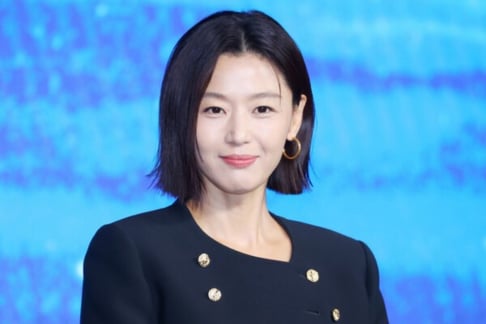
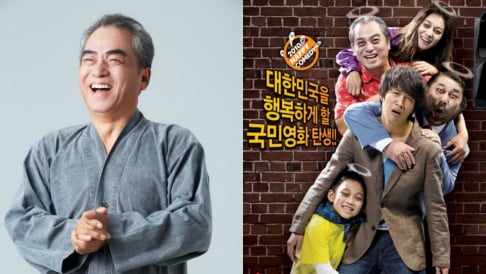
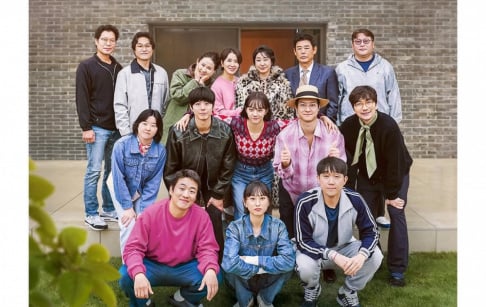
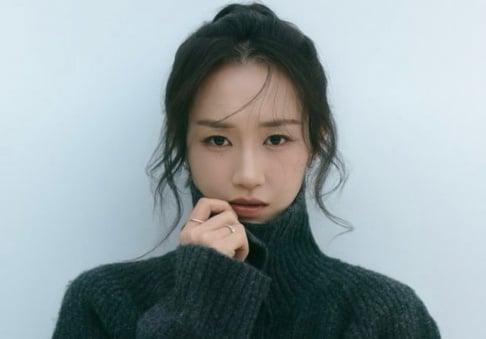
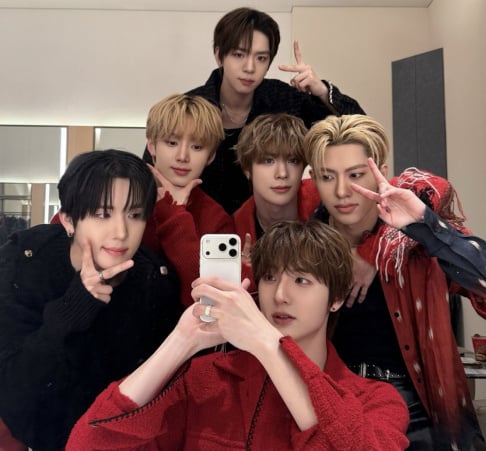
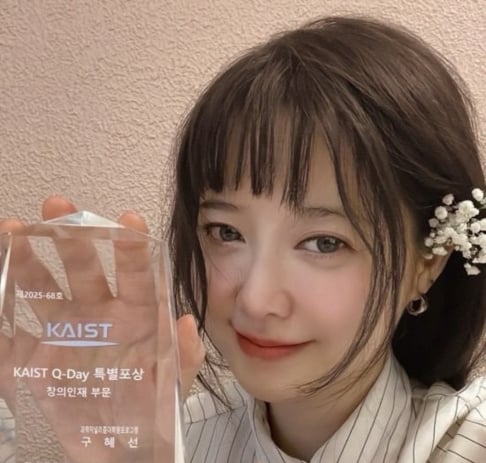

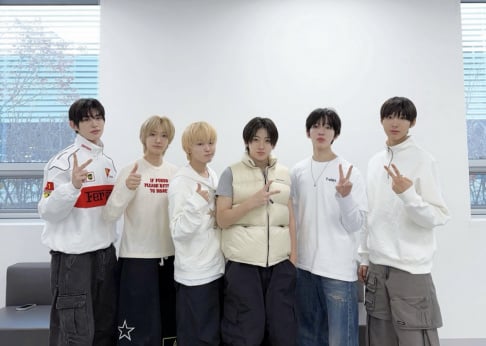
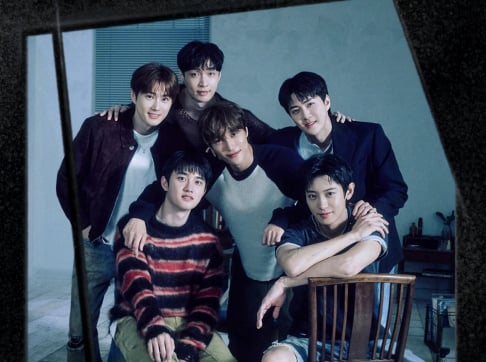
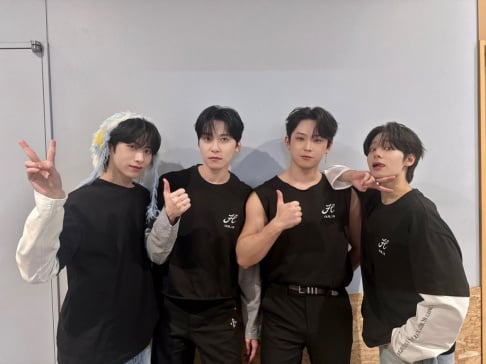
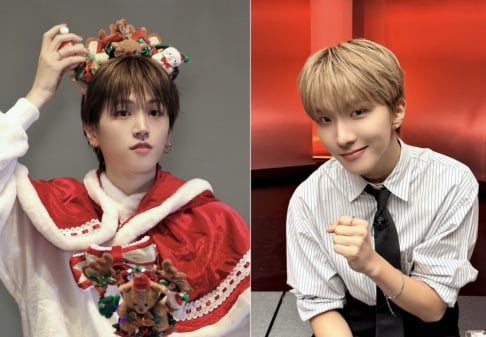

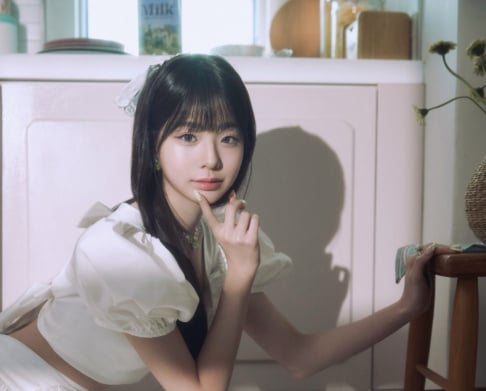
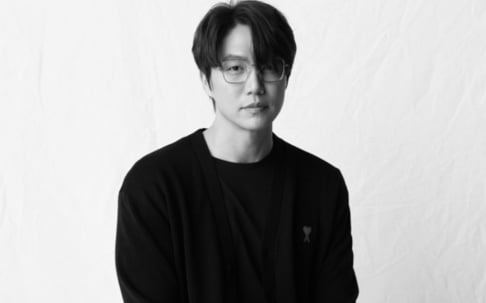
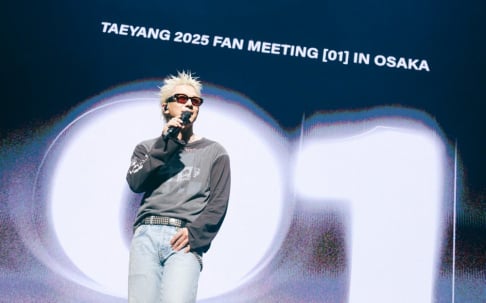
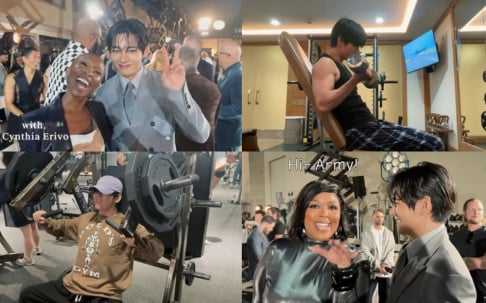
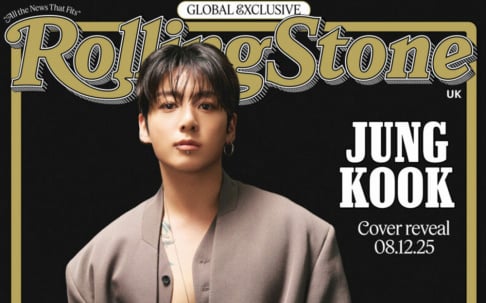
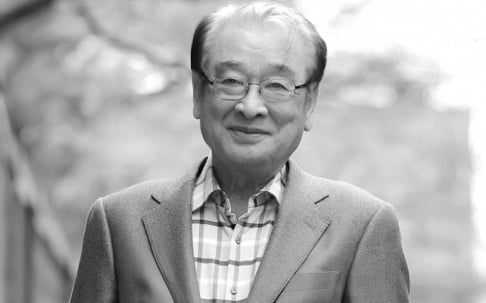
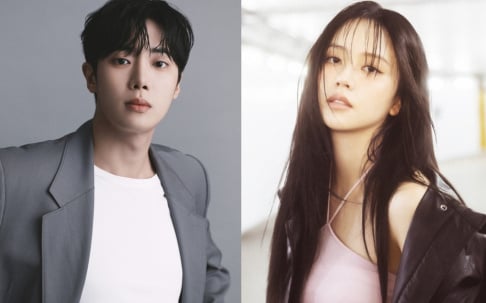








These three songs are really deep. It can really make us think. Ego can be very fun to hear with the upbeats. But if you look into the lyrics, every time you hear the ego song, it will give you a different vibe. That's why BTS songs are always special. Btw know that, I am not belittling other artist songs. I always try to think about the deep meaning behind their lyrics. If I get it, I would always be shocked by their lyric writing skills. When I don't get it, I'll just wait for some senior armies to explain.